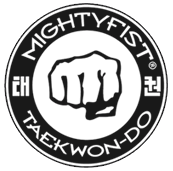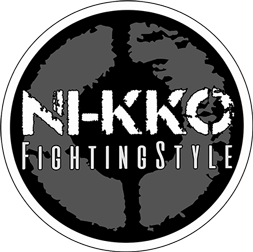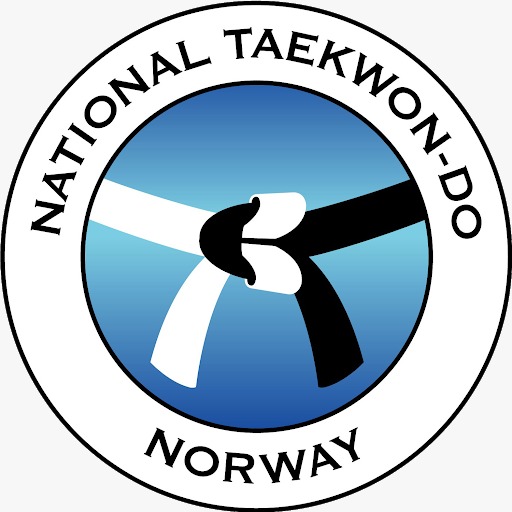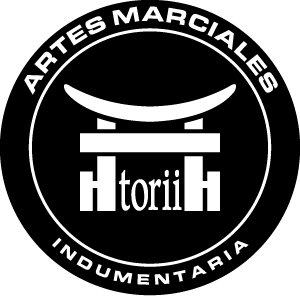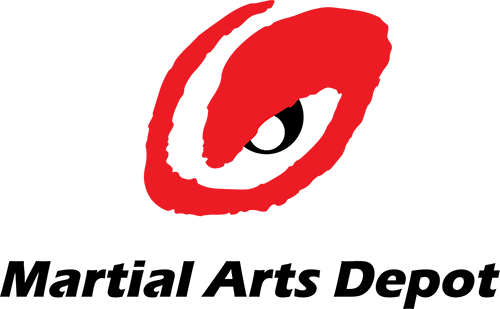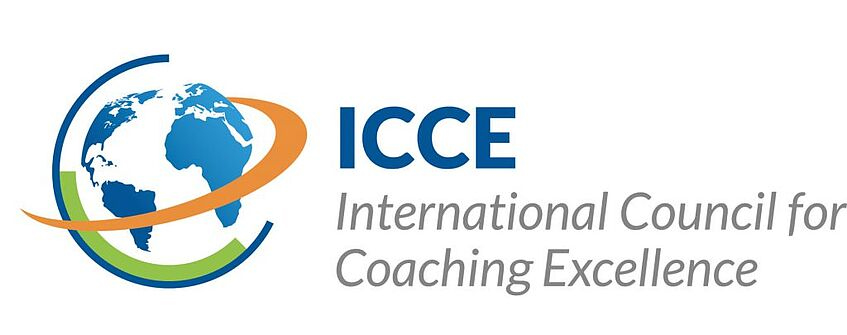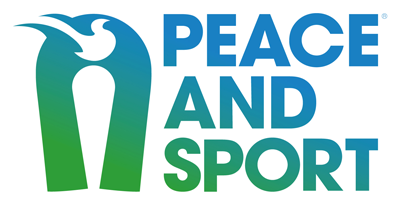The Important Role of the Board of Directors in Democratically-operated Organizations
The ITF Constitution requires that the ITF and its affiliated organizations operate on a democratic basis, and the leaders of the ITF have publicly declared that it will be run democratically. So our members’ expectations are very high, and others are watching to see if the ITF will be successful as a democratic organization.
From my meetings with ITF members in many countries and the feedback received from individual members, instructors, and ITF organizations at all levels, I know that you agree that we are moving in the right direction.
In addition, membership is increasing as the ITF continues to attract new individual members and various groups who have looked at the other Taekwon-Do organizations and decided they prefer an organization that is run democratically.
As you know from reading previous President’s Messages, democracy and human rights are very important for me. I believe democracy is the best system to ensure that an organization operates with fairness for all its members, and the Board of Directors is certainly a key factor in the democratic operation of any organization.
The Role of a Board of Directors
A Board of Directors has primary responsibility for ensuring that the Constitution and By-Laws of the organization are respected and, therefore, that the organization is run democratically. The Board has the power to make decisions that affect the organization and to make rules about operations and administrative matters, but those decisions must be made in conformity with the Constitution and By-Laws of the organization.
The Board of Directors is composed of 6 officers elected at the official general meeting (Congress) every four years, as well as 5 delegates elected by their continental federation. Generally, the Constitution and By-Laws of an organization describe the role and responsibilities of each member of the Board, and the structure and operations of the organization are based on those official documents. Board members have a legal responsibility to respect the Constitution and to work for the good of the organization and its members. If they do not do this, they will lose all credibility with the members and probably will not be re-elected.
On the other hand, it is not the role of a Board of Directors to micro-manage the organization. Each member of the Board carries out his or her duties and reports to the Board at regular meetings. Standing Committees, supplemented by ad hoc committees when necessary, may be given specific mandates; they also report to the Board. The Board should carefully consider the reports and recommendations of those committees before making their decisions.
For example: The ITF Board of Directors does not make changes to the technical standards or tournament rules. That is the responsibility of the Technique & Instruction Committee As well as the Tournament & Umpire Committee. The members of these committees have been appointed because they have the knowledge and experience to make informed recommendations. And the Board listens to them, discusses their proposals, and gives its approval.

ITF Congress in Quebec City, 2007
Responsibilities of Board Members
Board members must always be chosen for what they can contribute to the organization: their knowledge, skills, and experience. Very often we find that an organization’s needs for various types of knowledge, skills, and experience in the members of its Board evolves as the organization develops.
To be successful in business, it is essential to identify the people with the skills you need and put them in a position where they can use those skills. The same applies to a not-for-profit organization like the ITF. Each member of the ITF Board of Directors has a unique background and abilities, but together they form a team that is capable of operating an international organization.
When it comes to the boards of ITF organizations, in the martial arts tradition, we owe respect and recognition to all holders of advanced Black Belt degrees. However, it is not necessary to automatically choose them to be members of the Board of Directors of an ITF Taekwon-Do organization. Black Belt holders certainly have an important contribution to make to the realization of the goals of all ITF organizations but not necessarily as members of a Board of Directors.
The members of a Board of Directors have a responsibility prepare adequately so that they can be active participants in the Board’s meetings. They also have a responsibility to follow up on the decisions of the Board that fall under their specific responsibilities.
The official work of the Board of Directors is done at the Board meetings – subjects of interest are discussed, actions are proposed, and decisions are made – so meetings must be run efficiently and fairly. The ITF has adopted Robert’s Rules of Order to ensure this, and all ITF-affiliated organizations are encouraged to do the same.
Robert’s Rules of Order
Robert’s Rules of Order were developed as a reference for organizations using parliamentary procedure. This means all organizations that hold a meeting of members to elect the officers and make decisions affecting the organization.
Robert’s Rules of Order have been used for almost one hundred years by organizations in countries around the world. They have become the standard reference because they are logical, fair, and easy to understand. In addition, they cover most situations that can arise in meetings and are updated frequently. Obviously, it is essential that the Board or committee member chairing the meeting have a good knowledge of the rules and how to apply them.
Some Advice for Members of Boards of Directors
During my long career in Taekwon-Do and in business, I have had the privilege of serving as a member of the Boards of Directors of a number of organizations. I am pleased to be able to share my experience with you and would like to take this opportunity to offer a few words of advice to those who are serving as members of boards and to those who may be considering taking on that responsibility.
- Why are you a member of the Board?
Ask yourself how you can use your skills, knowledge, and experience to further the mission of the organization.
Are you willing to work hard for the organization?
Are you able to devote the time necessary to be an active and valuable Board member?
The principle is that Board members are elected to serve the organization, not so that they can feel important or powerful. - Avoid conflict of interest.
In fact, it is essential to avoid even the appearance of conflict of interest.
If you have a personal stake in a Board decision, it is best to refrain from voting on that motion. In some circumstances, a significant potential conflict of interest could even make it impossible for an individual to remain as a member of the Board. - Make decisions based on principle.
As a Board member, you represent the members of the organization.
Prepare well for meetings, so that you will be able to make well-informed decisions.
Then vote for what you believe is best for the members and the organization.
This is not always easy, since some decisions are not popular.
Board members of ITF organizations must be courageous, making decisions based on the principles of the Taekwon-Do philosophy, stated clearly in ITF By-Law No. 1, and doing what is best for the organization. - Remember that Board meetings are confidential.
That is why the minutes of Board meetings – which are available to all members – record the decisions made but not all the details of the discussions that led to those decisions.
The allows Board members to freely express their opinions during meetings without worrying that the opinions expressed could create conflicts or problems with others. - Respect the hierarchy of organizations.
According to the rules of good governance, Board members of all ITF-affiliated organizations must ensure that their legal documents (Constitution, By-Laws, and regulations), procedures and decisions comply with those of the higher organizations. It is important to respect this rule in order to avoid legal problems and to ensure harmony within our organizations. - Be a team player.
The Board members of all ITF-affiliated organizations, at all levels, should have an opportunity to express their opinions during meetings, and following Robert’s Rules of Order will ensure that they do.
However, once a decision has been made by the Board, everyone must work together as a team.
It may happen that the other members of the Board decide not to approve a motion you put forward or that they approve a motion that you do not support. When this happens, you must accept that they, like you, are acting in good faith and doing what they believe to be best for the organization.
So you shouldn’t take it as a personal rejection or think that you have lost and the others have won. A meeting of a Board of Directors is not a competition; it is a team effort.
Although we may not all have the same opinions, we can certainly learn “to agree to disagree” and continue to work together for the good of the organization.

Meeting of the ITF Board of Directors in Rome, 2007
When does an organization need a Board of Directors?
The ITF and each of its affiliated organizations must be legally constituted entities with a Board of Directors. This is a requirement of the ITF Constitution. But what if an instructor starts a Taekwon-Do school and he is the only owner? Does he need a Board of Directors? Not necessarily. However when he is ready to expand and applies for funding from governments or other organizations, they may require that an elected board of Directors be formed to oversee the operations of the school, particularly the financial aspects.
Even if it is not a requirement to have a Board of Directors, anyone taking on the responsibility of a Taekwon-Do school or any other big project would do well to consider having a Board of counselors to help and advise him.
Another example would be the organization of a major Taekwon-Do competition. There is a lot of work to be done and finances to take care of. In this case, the organizing committee acts as a Board of Directors. The responsibilities of each member of the committee are defined and everyone works together to make the event a success.
Would you like to learn more?
Recently, I have been reading some interesting books about business theory, including a number that focus on the important role of the Board of Directors. I have also been looking at successful organizations and how they are run. This research has reinforced my belief that the only way to ensure that an organization grows, makes progress, and is successful is to operate it on democratic principles.
Here are the a few books and Websites I can recommend:
For more information about Robert’s Rules of Order, visit the Website atwww.robertsrules.com.
The Ultimate Board Member’s Book: A 1-Hour Guide to Understanding and Fulfilling Your Role and Responsibilities, by Kay Sprinkel Grace. Published by Emerson & Church, Medfield MA USA. 2007
The Perfect Board by Calvin K. Clemons. Published by Synergy Books, Austin TX USA. 2005
The Imperfect Board Member: discovering the seven disciplines of governance excellence, by Jim Brown. Published by Jossey-Baas
Reinventing Your Board: A step-by-step Guide to implementing Policy Governance, by John & Miriam Carver. Published byJossey-Baas
(You can buy the books referred to above on line using the website www.amazon.com. These books are in the section on “good governance” or you can find them by doing a search for “Board of Directors”.)
There is the link to the Website of the Dalhousie University (Nova Scotia, Canada)Continuing Education for Non-Profit Sector Leadership. This Website has lots of information about governance and board development, including sample policies and forms.
This link takes you to the Free Management Library which offers links to hundreds of informative articles and sample documents. These include: a series of articles about what it means to be a member of the board of a not-for-profit organization, a five-part series on how to build a strategic-thinking Board of Directors, an article titled Ethical Guidelines for Board Members of Not-for-Profit Organizations, and many more.
At www.managementhelp.org/boards/boards.htm you will find The Free Complete Toolkit for Boards with interesting articles about all aspects of the Board of Directors and useful links.
I have only suggested a few Websites but each of them has links to many more sites. Why not do your own Internet search for an expression such as “board of directors”, “board governance” or “Robert’s Rules”? You are sure to find a wealth of useful information.
The following are PowerPoint presentations used by Dr. Janel Gauthier, former Chair of the ITF Ethics & Discipline Committee, presented at two seminars :
- How to run democratic and effective meetings by using Robert’s Rules (PDF, 500 kB)
Dr. Janel Gauthier presented this seminar at the World Championship in Dortmund, Germany in 2005. - How to operate an organization democratically (PDF, 250 kB).
This seminar was presented by Dr. Gauthier and by me during the World Championships in Québec City (Canada) in 2007.
In Conclusion…
Applying democratic principles in their operations is quite new for the ITF and for its affiliated organizations, but I am absolutely convinced that this is the only way to ensure that the ITF progresses.
By making these changes we will be ensuring that the ITF will continue to fulfill its mission to promote Taekwon-Do around the world. We will be working together to build a better world.
It will make me very happy if, after reading this message, you become more interested in the work done by your Board of Directors. I do hope that each of you will consider how you can make a contribution to your organization. Please consider using your skills, your experience, and your time so that the ITF and its affiliated organizations will be able to offer more quality services to its members.
Sincerely yours,
Master Trân Triêu Quân, President




